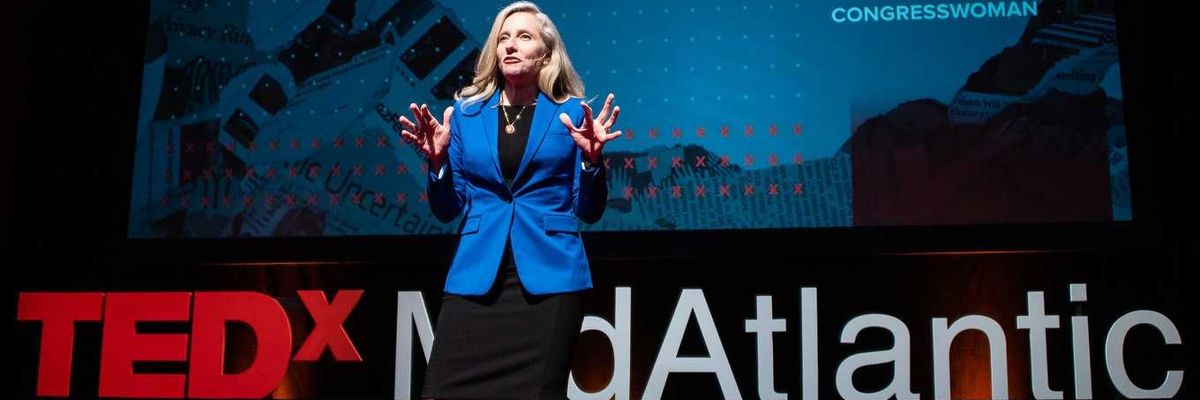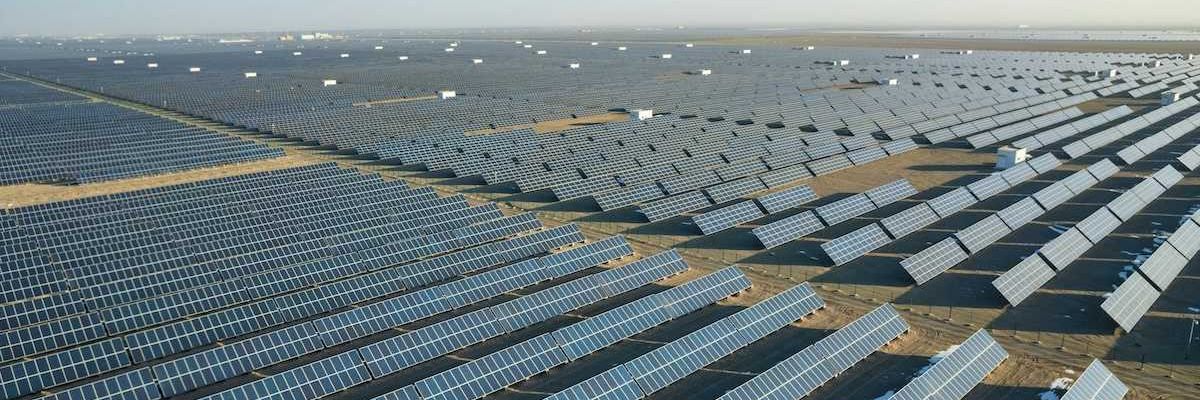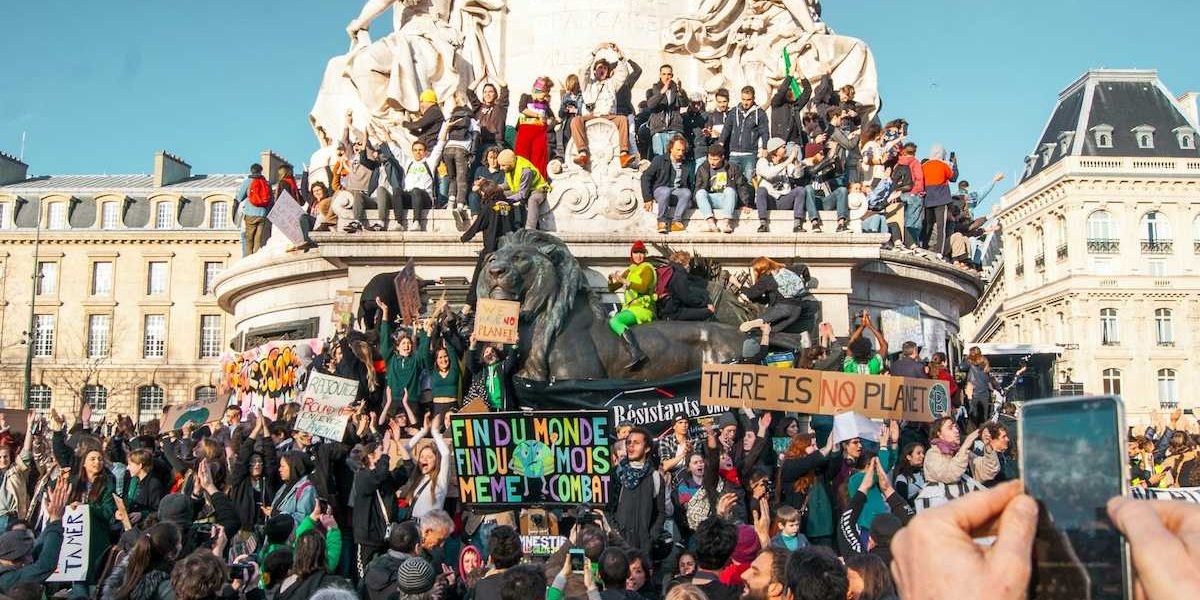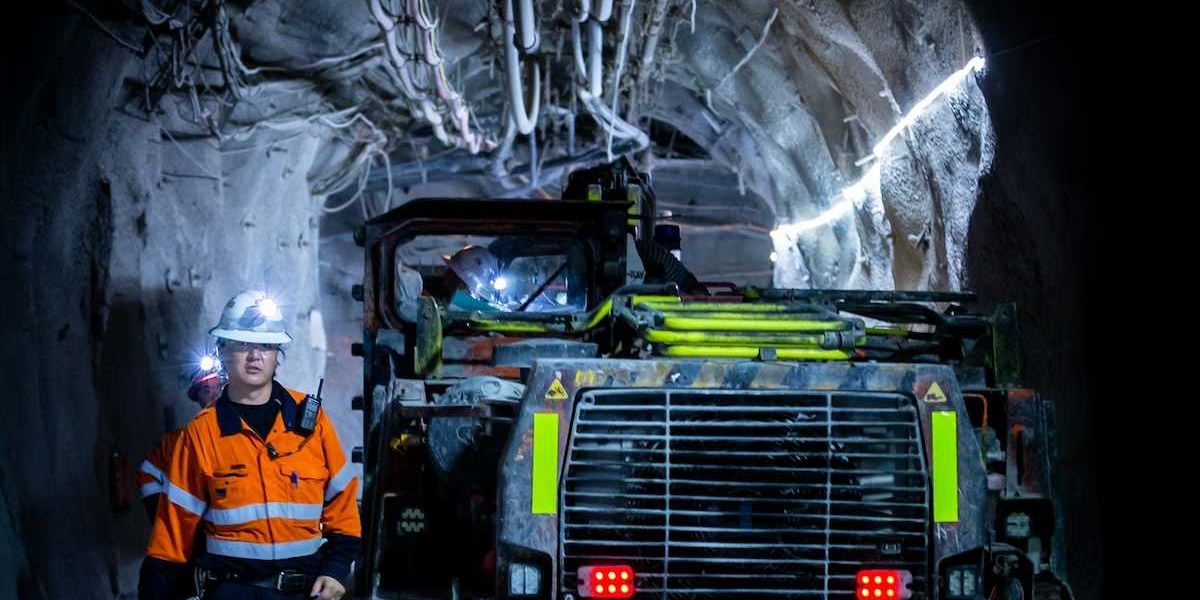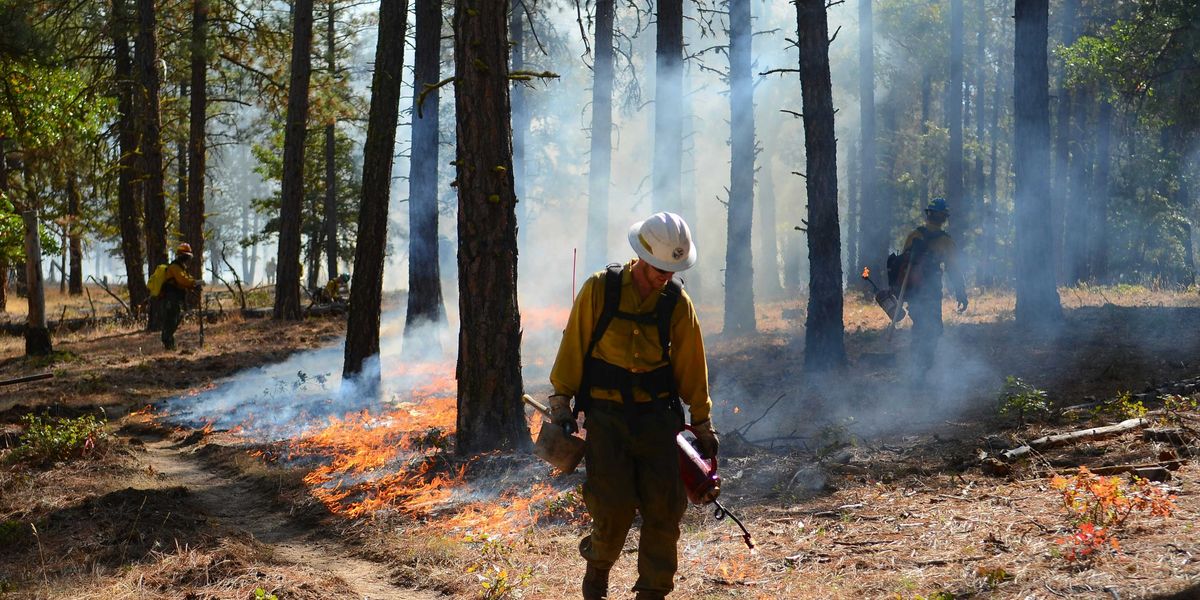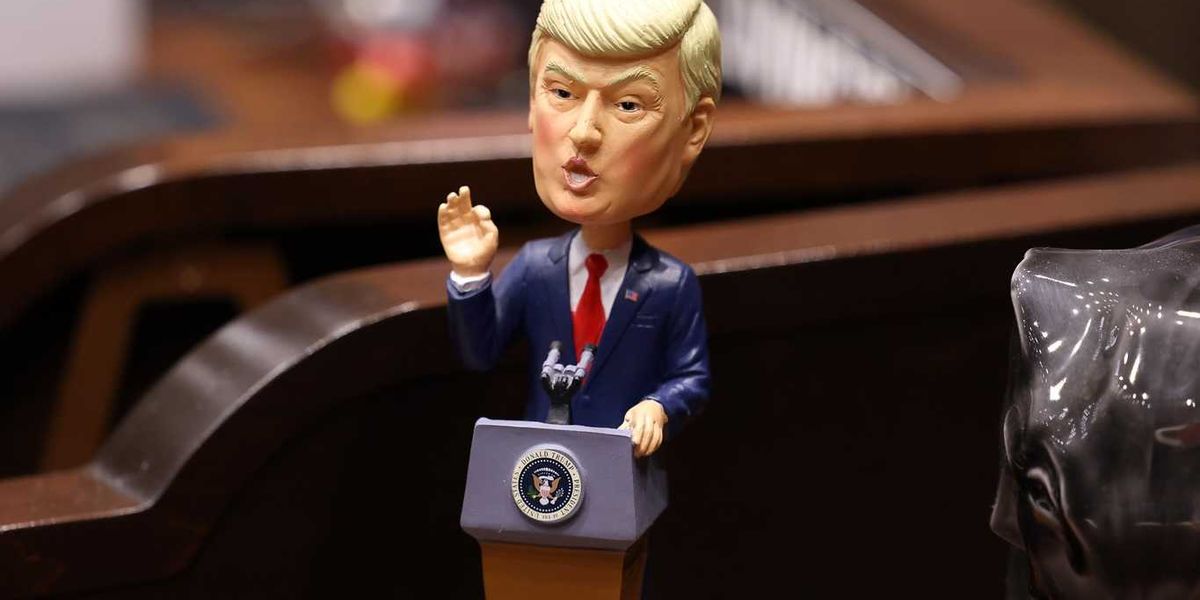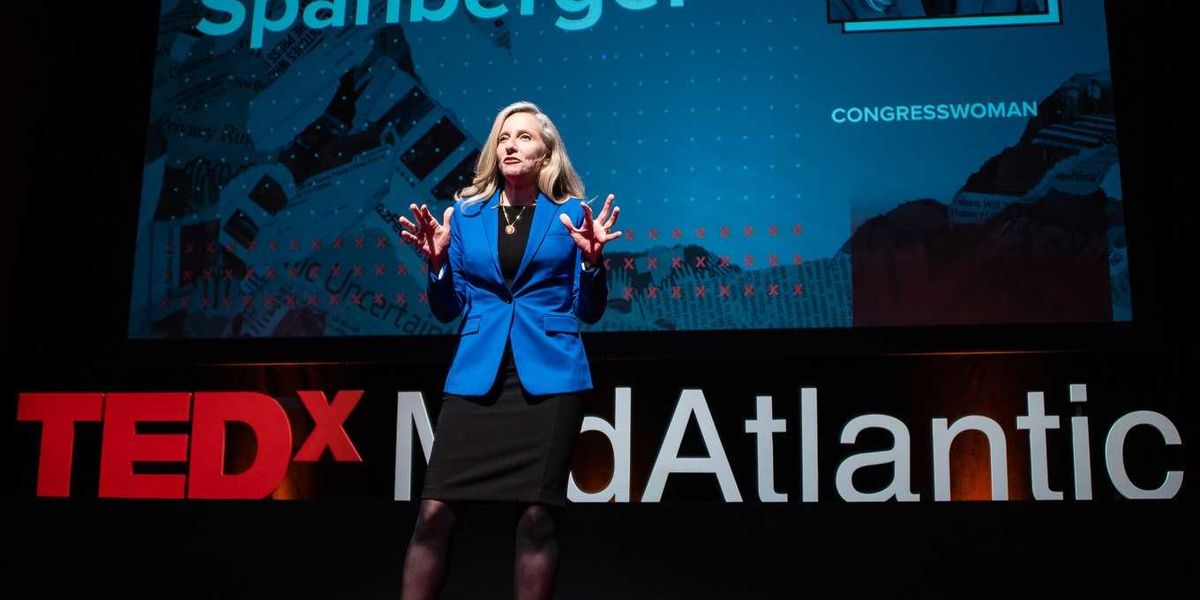brazil
Brazil urges EU to delay new deforestation law
Brazil has asked the European Union to postpone the implementation of its new deforestation law, which could negatively impact exports of agricultural products.
In short:
- Brazil's government has formally requested the EU delay its deforestation-free regulation (EUDR) to prevent disruptions in trade.
- The law, passed in 2022, bans imports of goods linked to deforestation and could affect around 30% of Brazil's exports to the EU, especially soy, beef and coffee.
- Brazil argues that the law unfairly targets forested countries and would increase costs for exporters.
Key quote:
"We consider the EUDR to be a unilateral and punitive instrument that ignores national laws on combating deforestation."
— Brazilian ministers of agriculture and foreign affairs
Why this matters:
The EU's deforestation law could hurt Brazil's agricultural economy, but it is aimed at reducing global deforestation. Brazil's resistance highlights the tension between environmental policy and economic interests.
Related: EU’s new climate change plan will cause biodiversity loss and deforestation: Analysis
Brazil faces unprecedented drought with wildfires spreading in key areas
Brazil is facing its most widespread and severe drought in over 70 years, with vast areas experiencing wildfires and river levels dropping to historic lows.
In short:
- 59% of Brazil is suffering from drought, with the Amazon and major rivers hitting record low water levels.
- Uncontrolled wildfires, fueled by manmade causes, have ravaged areas including national parks, worsening air quality across regions like Sao Paulo.
- Indigenous communities in drought-hit areas lack clean water and food as rivers dry up and crops fail.
Key quote:
“This used to be the Amazon River. Now it’s a desert. If things get worse, our people will disappear. Now we are realizing the severity of climate change.”
— Myrian Tikuna, local leader
Why this matters:
The drought and wildfires are devastating Brazil's ecosystems and threatening the lives of its Indigenous populations. Climate change and deforestation are intensifying these environmental crises, which could have lasting global impacts.
For more: Climate change will continue to widen gaps in food security, new study finds
Mining will remain dominant in the Pan Amazon for decades
Governments in Brazil, Peru and Ecuador are increasingly dependent on extractive industries like mining to support local economies, despite growing opposition from environmentalists and social advocates.
In short:
- The Pan Amazon region relies heavily on mining, especially in areas like Brazil's Carajás Mining District, where the industry dominates local economies.
- Regulatory challenges include balancing corporate interests with the rights of Indigenous communities through Free, Prior and Informed Consent (FPIC).
- Environmental, Social and Governance (ESG) standards are shaping the future of mining, but enforcement remains uneven across public and private companies.
Key quote:
“The full impact of FPIC on the regulatory process is still unfolding.”
— Timothy J. Killeen, author
Why this matters:
Mining's expansion threatens ecosystems and Indigenous rights. Long-term economic dependence on these industries complicates efforts to regulate environmental and social impacts, posing risks for the region's future sustainability.
Slaughterhouses ordered to pay for deforestation in Brazil’s Amazon
A Brazilian judge has ordered two beef slaughterhouses and three ranchers to pay $764,000 for contributing to deforestation in a protected Amazon rainforest area.
In short:
- Two slaughterhouses, Distriboi and Frigon, were found guilty of buying cattle from illegally deforested land in Rondonia’s Jaci-Parana reserve.
- The $764,000 penalty includes $453,000 for reforesting 232 hectares of land that was converted to pasture.
- This case is one of several lawsuits seeking damages from companies involved in the illegal cattle trade in the Amazon.
Key quote:
“When a slaughterhouse, whether by negligence or intent, buys and resells products from invaded and illegally deforested reserves, it is clear that it is directly benefiting from these illegal activities.”
— Judge Inês Moreira da Costa
Why this matters:
The Amazon is vital for global climate regulation, and deforestation driven by cattle farming threatens its survival. Legal action against companies involved in illegal deforestation is crucial for protecting this essential ecosystem.
Wildfires devastate Brazil’s Pantanal, threatening rare species
Brazil’s Pantanal wetlands are being ravaged by record wildfires, endangering countless animals, including vulnerable species like jaguars and giant anteaters.
In short:
- The Pantanal, the world's largest tropical wetland, is burning due to severe droughts and climate change.
- The fires have killed or injured many animals, including rare jaguars and hyacinth macaws.
- Scientists fear the damage to the ecosystem may be irreversible if the fires continue.
Key quote:
“We’re watching the biodiversity of the Pantanal disappear into ash. It’s being burned to a crisp.”
— Gustavo Figueirôa, biologist, SOS Pantanal
Why this matters:
The Pantanal is one of the planet’s most biodiverse regions. Its destruction could lead to the extinction of several species and the loss of an irreplaceable natural environment.
Brazil revisits law restricting Indigenous land claims amid rising violence
Indigenous communities in Brazil face increasing violence as the Supreme Court reviews a controversial law limiting land rights based on occupation before 1988.
In short:
- The Brazilian Supreme Court is reconsidering a law that restricts Indigenous land claims to territories occupied before 1988.
- Critics argue the law is unjust, as many Indigenous groups were forcibly displaced before that date and now face conflicts with farmers and developers.
- Violence against Indigenous communities has surged, with over 200 murders reported in the past year alone.
Key quote:
“We need to guarantee that Indigenous lands are demarcated and protected in order to combat climate change.”
— Kleber Karipuna, executive director, Articulation of Indigenous Peoples of Brazil.
Why this matters:
The law threatens Indigenous land rights, fueling violence and undermining efforts to protect critical biodiversity and combat climate change.
The world’s largest wetland, Pantanal, threaten by waterway plans
A controversial waterway project in Brazil could devastate the Pantanal, the world’s largest tropical wetland, endangering its rich biodiversity and the livelihoods of local communities.
In short:
- The Hidrovia Paraguay-Paraná project plans to dredge and develop the Paraguay River to facilitate grain export, risking severe environmental damage.
- Scientists warn the project could destroy habitats, decrease fish populations and increase greenhouse gas emissions.
- Local communities fear the waterway will end their traditional livelihoods of fishing and farming.
Key quote:
“It seems a high price to pay: destroying the Pantanal, one of the world’s unique systems, to reduce the price of grain. It is a war – a war which risks extinction.”
— Carolina Joana da Silva, professor at Mato Grosso State University.
Why this matters:
The Pantanal is a critical refuge for endangered species and a significant carbon sink. Its destruction could have global environmental consequences.
Related: Amazon rainforest at risk of significant transformation by mid-century, study indicates


